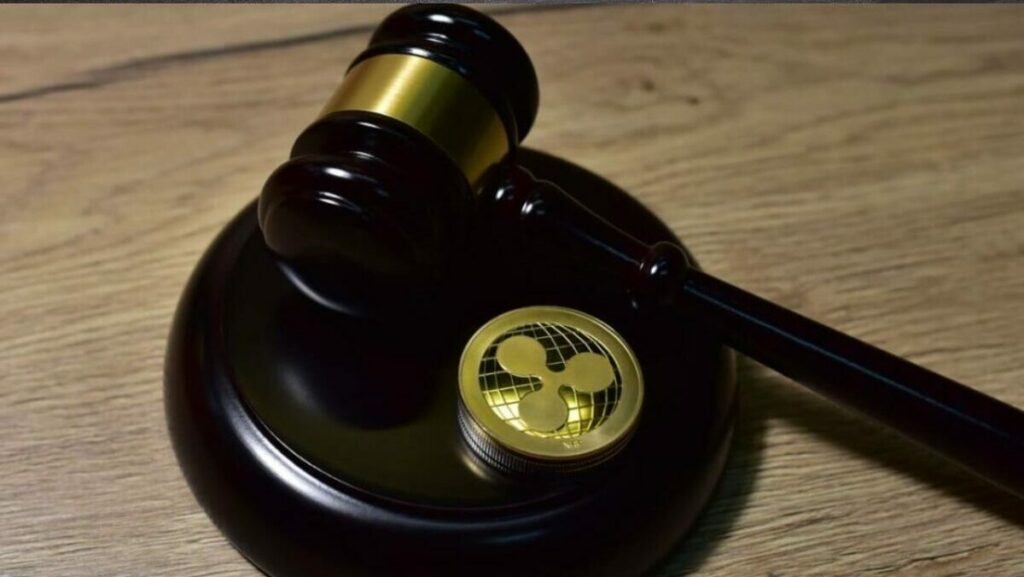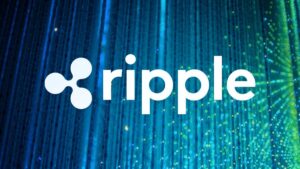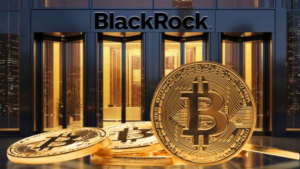Crypto companies continue to score legal victories over the most-dreaded US Securities and Exchange Commission (SEC). In the recent triumph, the judge has denied the SEC’s motion for an interlocutory appeal over her previous decision about the programmatic sales of Ripple (XRP) in the famous Ripple versus SEC case.
In a court order on Tuesday, October 3, Judge Analisa Torress of the US District Court for the Southern District of New York rejected the SEC’s motion to certify an interlocutory appeal in its saga with Ripple Labs, the crypto firms behind the XRP token. She said the SEC failed to “meet its burden to demonstrate that interlocutory appeal would materially advance the ultimate termination of the litigation.”
The Southern District Court of New York stated in response to the SEC’s case against Ripple: the SEC’s motion for certification of interlocutory appeal is denied, and the SEC’s request for a stay is denied as moot. Trial in this matter is set to begin on April 23, 2024.… pic.twitter.com/JKQgDVlYs7
— Wu Blockchain (@WuBlockchain) October 4, 2023
SEC Failed to Provide Substantial Ground for any of its Objections AGAINST Ripple
The US SEC sued Ripple Labs, its CEO Brad Garlinghouse, and co-founder Christian A. Larsen in December 2020 for selling XRP tokens that the agency deemed unregistered securities. In July 2023, judge Analisa Torres ruled that XRP, as a digital token, is not security. However, different transactions involving XRP may or may not be securities.
According to the summary judgment by Torres, the XRP sales to institutional buyers constitute securities as they expected profits through the efforts of Ripple Labs. However, the programmatic sales to retail investors through crypto exchange platforms and other distributions of XRP as a form of payment for services did not constitute securities.
As previously reported, in August, the SEC asked the judge to put the case on hold and moved to certify for interlocutory appeal on programmatic sales and other distributions of XRP. The SEC cited the Terraform case and said, “These two issues involve controlling questions of law on which there is substantial ground for differences of opinion.”

However, in the recent order, the court has rejected the SEC’s motion to grant an interlocutory review, arguing that its decision on programmatic sales “is based on the totality of the circumstances in this case.” Moreover, the so-called “Other Distributions” of XRP as payments failed to meet Howye’s first prong as these distributions “did not pay money or ‘some tangible and definable consideration’ to Ripple.”
The court concludes that the SEC failed to meet its burden to show that the summary judgment that it moves to certify for interlocutory appeal involves controlling question of law, and there exists substantial ground for difference of opinion.
“The Court is aware that litigation may be extensive regardless of whether interlocutory appeal is granted. But here, the SEC has failed to meet its burden to show that such an appeal would “materially advance the ultimate termination of the litigation,” reads the court order.
Therefore, “the SEC’s motion for certification of interlocutory appeal is DENIED, and the SEC’s request for a stay is DENIED as moot.”
Nevertheless, this is not the end of the case. The judge has scheduled a trial for April 23, 2024, to address the remaining issues on the case.










